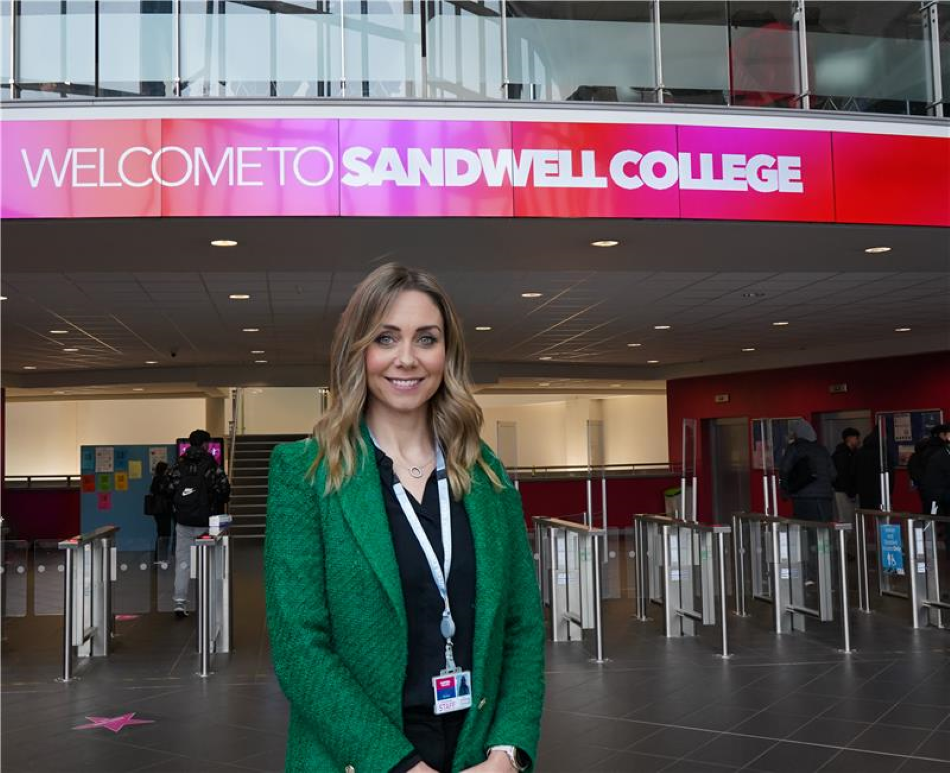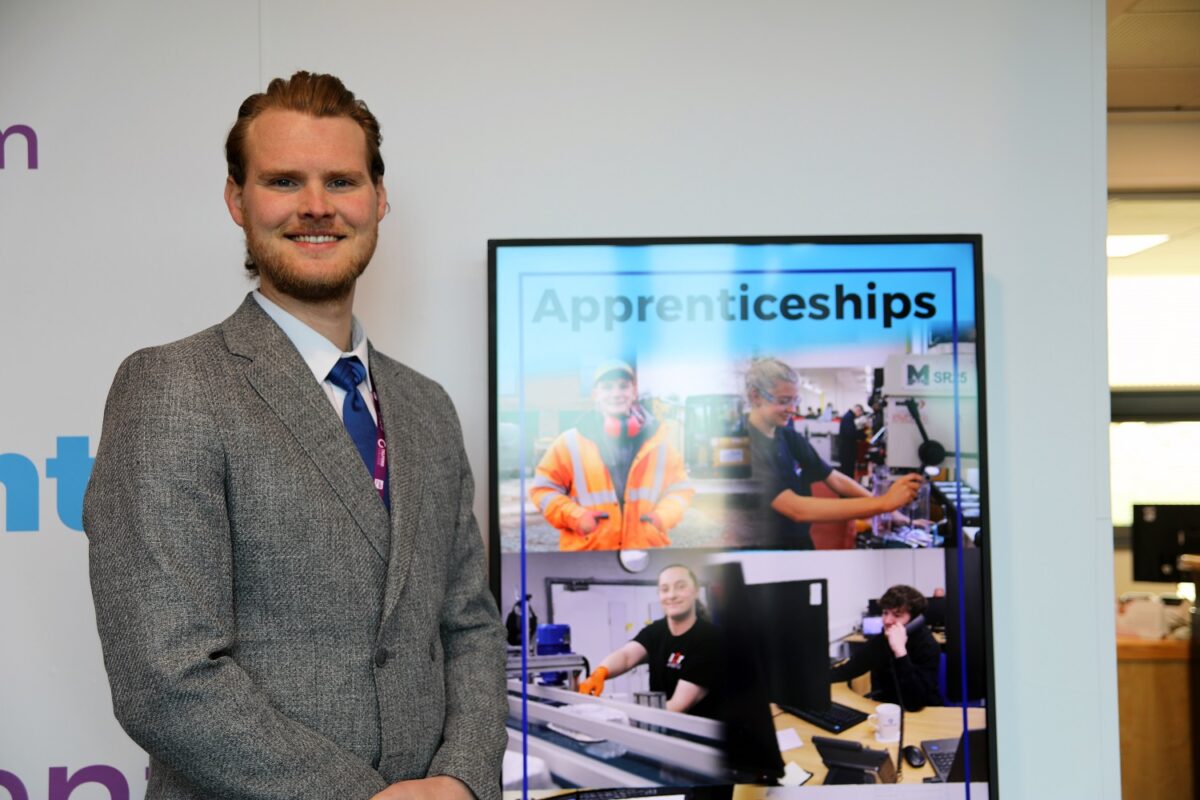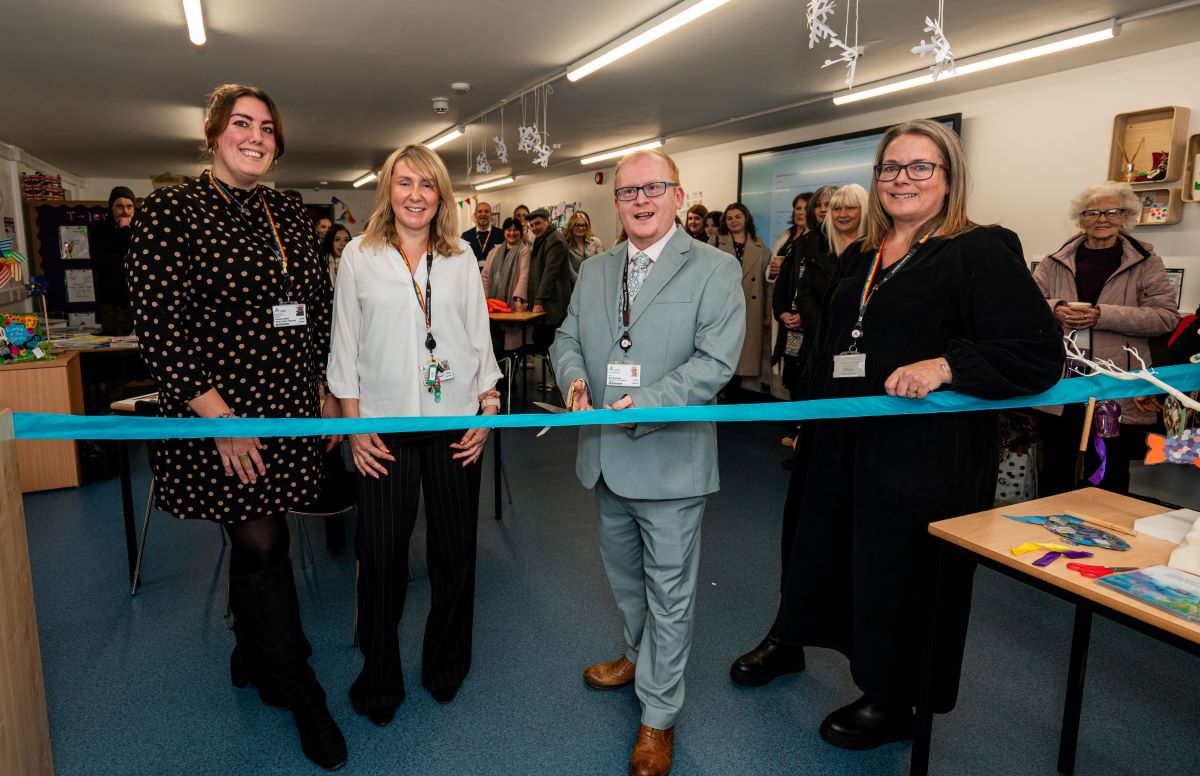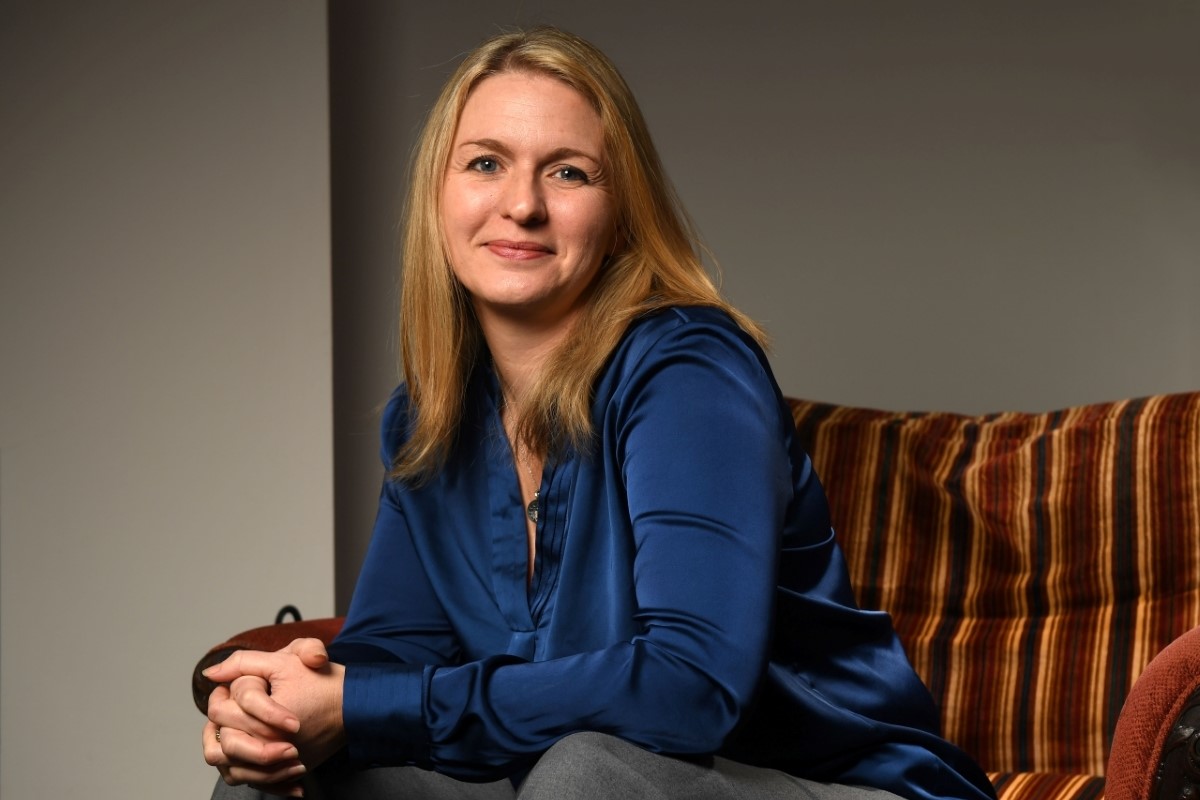‘Every child to have the opportunity to reach their potential’

A major drive to improve the life chances of children from the Bradford district has been formally launched today (July 12).
In what is described as a “bold 20-year ambition”, the aim is to tackle inequalities so every child has the opportunity to be their best and have the chance to lead a fulfilling life.
Run by a partnership of civic and community leaders called the Alliance for Life Chances, it will build on the achievements of the Bradford Opportunity Area, which was launched by the Government five years ago in response to low levels of social mobility and lower than average educational attainment. The Bradford Opportunity Area programme has now ended.
An evaluation of the outcomes of the Bradford Opportunity Area, also published today, reveals it has had an impact on the lives of thousands of children in Bradford. One of the notable achievements was a decision by the business services firm PwC to open an office in Bradford, which is attracting young people from disadvantaged backgrounds into professional careers.
At a launch event at Salts Mill in Saltaire, members of the Alliance for Life Chances signed a giant pledge card to say they would actively work towards removing the barriers that prevent children from achieving their full potential.
The pledge says signatories will:
- Offer support to increase the range of opportunities available to children and young people through health and education initiatives, activities and projects.
- Champion the need to do more to tackle inequalities and help build a coalition of support for our shared vision.
- Engage in meaningful conversations and evidence-led solutions to tackle health and education vulnerabilities and inequalities in Bradford.
Mark Mon Williams, Professor of Psychology at the University of Leeds and a member of the Alliance for Life Chances partnership board, said:
“The reality is that far too many children in Bradford are on a trajectory which will see them fail to achieve their best – at school, at work and in relationships – and will be a greater risk of ill health, both mental and physical.
“The reasons why are complex, and no single organisation can provide the solutions but in Bradford, there is a recognition that the work must start in schools, and we have shown through the Bradford Opportunity Area that the right interventions can produce real benefits.
“The challenge now is to take our approach to the next level.”
A number of key projects will play a part in the drive for great social mobility in future years.
The pioneering Born in Bradford project – which is tracking the health and wellbeing of the city’s younger children – is being extended to include adolescents and young people. Information from the project will help identify ways that families can be better supported.
Funding is being sought for community play hubs where children can play and explore in a way that enables them to hit development milestones and improve their readiness for school.
Scientists are also using data analysis to identify areas of the Bradford district where needs are the greatest. Called Act Locally, it will enable agencies to target services in those localities and to tailor specific policies to bring about change.
Building on the legacy of the Bradford Opportunity Area
The Bradford Opportunity Area operated through a programme board to identify ways of strengthening school leadership; improving literacy and learning; giving pupils access to rewarding careers; and using the power of research to boost learning.
An evaluation report reveals the initiatives and interventions introduced by the Bradford Opportunity Area had an impact on thousands of pupils. Thirty-nine schools in the district that were classified as either “inadequate” or “requires improvement” were able to raise their next OFSTED inspection by at least one grade – and 180 families received the support of mentors. Schools also benefited from specialist mental health practitioners.
To exploit the power of research, a Centre for Applied Education Research was established to bring the latest evidence-based policies and methods into the classroom. It has funded 20 projects. Highlights include interventions that have:
- Enabled experts to create resources that teachers can use to help children who have a poor working memory. A working memory is the short-term memory that is essential to cognitive tasks and is critical to learning.
- Resulted in new tests to identify children at key stage 3 – those aged 11 to 14 – who require additional support with language development.
- Ensured children’s vision in primary schools was monitored and those with poor eyesight were able to get free glasses.
- Initiatives to help younger children with their handwriting.
The evaluation of the Bradford Opportunity Area – by the Bradford Institute for Health Research – found that it “…has laid a solid foundation for future whole system approaches to improving education and social mobility for the children and young people within the Bradford District and beyond.
“Nevertheless, there is great need to build on the platform created by the Bradford Opportunity Area to tackle the endemic problems facing children and young people within the Bradford District.”
Additional quotes
Anne-Marie Canning MBE, Independent Chair of the Alliance for Life Chances Partnership Board, said:
“We want Bradford’s leaders, practitioners and supporters to join us to celebrate breaking down some of the barriers between health and education over the last 5 years, and to help us build a community dedicated to progressing this work and reducing childhood inequality.
“Our bold ambition to build an Alliance for Life Chances partnership is gaining momentum and this event aims to help leaders and practitioners do even more to help children and young people lead productive and healthy lives, ready to meet new challenges with optimism and success.”
Councillor Susan Hinchcliffe, Leader of Bradford Council said:
“We are the youngest city in the UK, our youth are full of potential and each and every one of them whatever their background deserves the same great opportunities to succeed as anyone else. For levelling up to be successful, it absolutely needs Bradford to be successful.
“As a partnership locally we are making that case through our investments in education and health, culture and regeneration to make those connections and build a better future for our young people. I therefore welcome the ambition to build an Alliance for Life Chances and will be excited to hear more about how it can support the partnership approach to delivering real change for our young people.”
Kathryn Loftus, Programme Director Bradford Opportunity Area and Alliance for life Chances said,
“The architects who will build a new Bradford will be its children and young people, its entrepreneurs, and innovators. Much needs to change, but progress is happening.
Our vision is to create a community of practice that will help the Bradford District become a place where all children can achieve their potential, and go on to lead successful, fulfilling lives.”











Responses